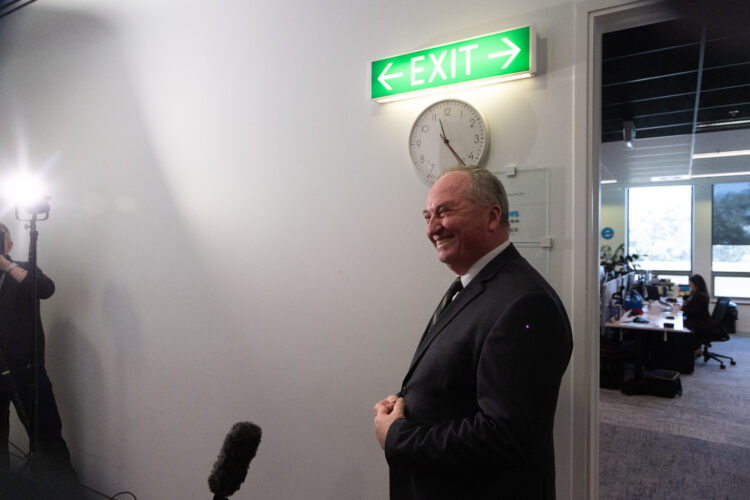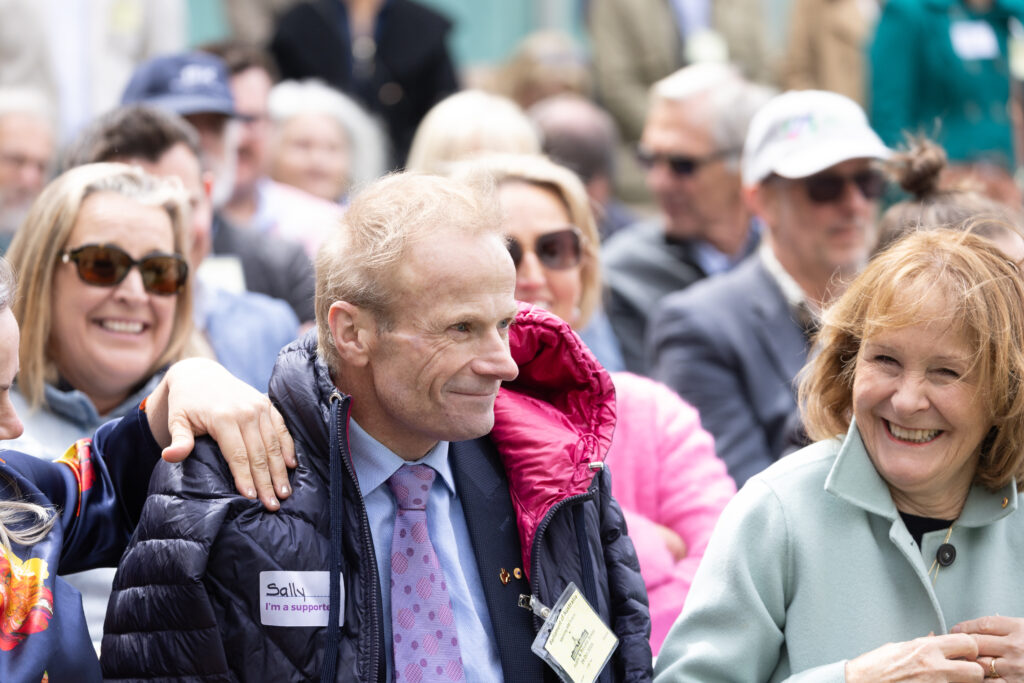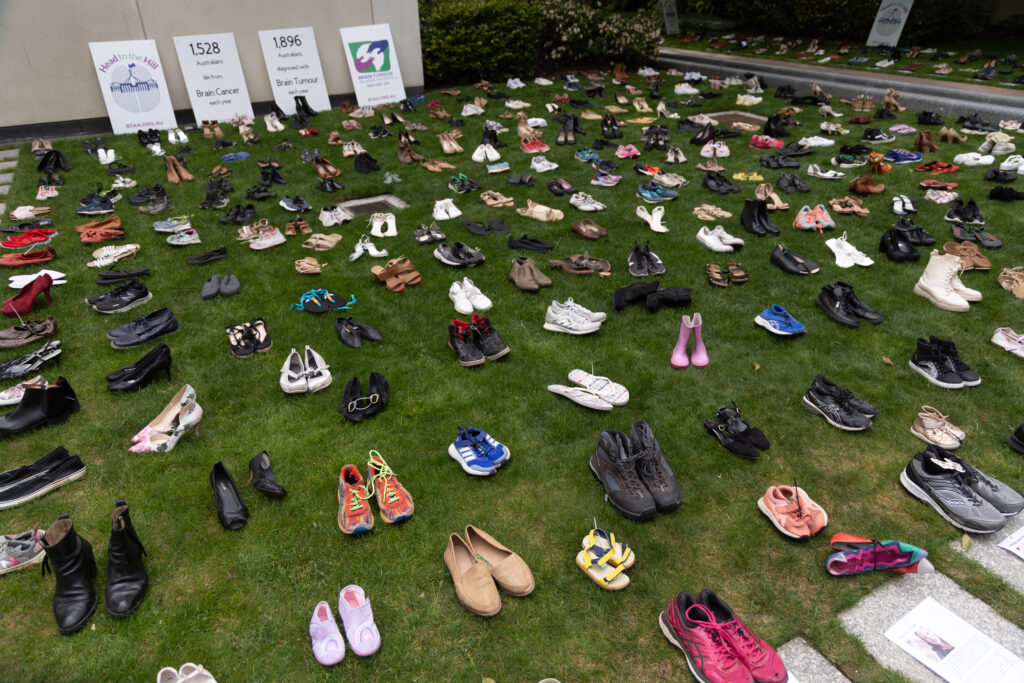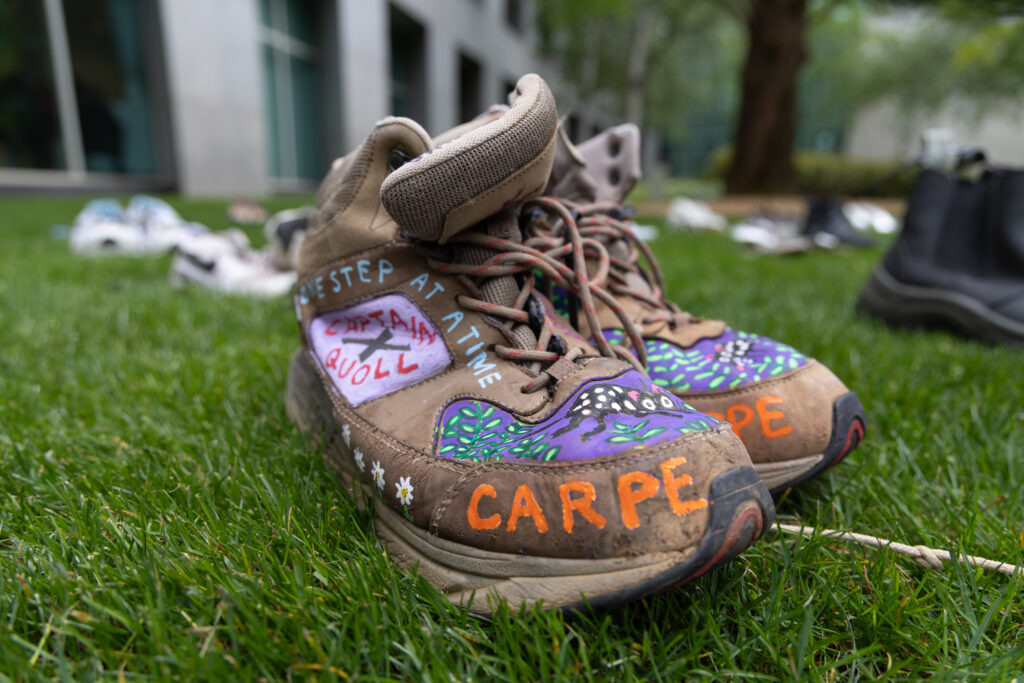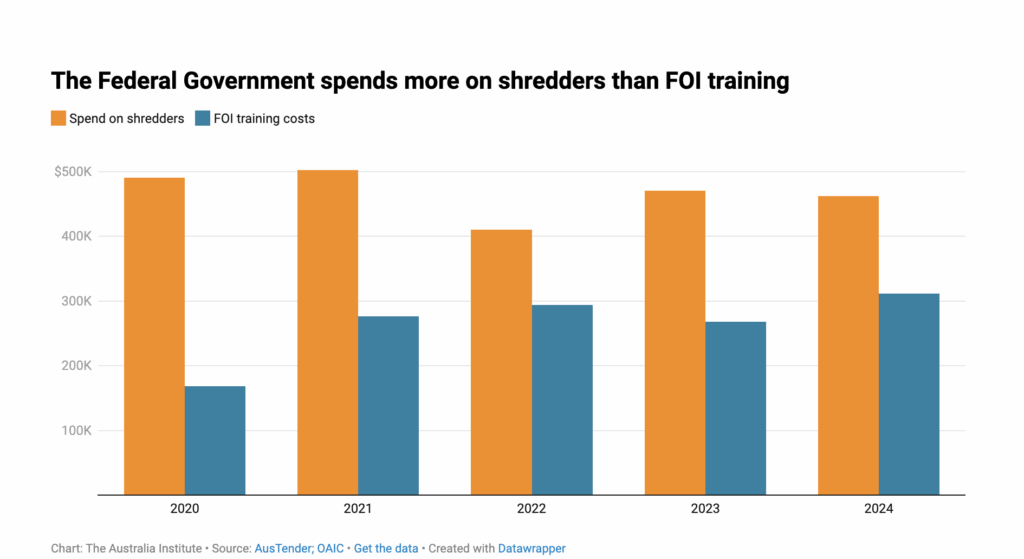Bill Browne
The Albanese Government has copped criticism today for its culture of secrecy, including its floundering attempts to further restrict the freedom of information system.
Labor ministers made sensational claims about criminal gangs and foreign agents abusing the FOI system, claims that they have been totally unable to back up. Nor have long-suffering public servants been able to substantiate the Government’s dark warnings about AI bots overwhelming the FOI system.
Ironically, the Albanese Government’s clumsy scaremongering will only encourage the kind of FOI requests that they are complaining about.
That’s because Albanese Government has used the eSafety Commission as its example of a government agency brought to its knees by an overwhelming number of FOI requests. According to Attorney-General Michelle Rowland:
“we’ve had cases where FOI requests have been generated, sometimes around 600 of them in one instance, going to a small agency [the eSafety Commission], which tied up the services of that agency for over two months.”
Never mind the absurd claim that a $43 million dollar a year agency could be “tied up” by 600 FOI requests. My colleague Skye Predavec’s fact check ably disproves that claim.
But as I argue in The Point today, the bigger problem is that those 600 FOI requests came from a web form called “END eSAFETY”.
The Government has handed them a major PR victory. Their mission is to bring down the eSafety Commission, and here is the Attorney-General of Australia telling them that, for two months, they succeeded.
The truth is that the eSafety Commission quickly dealt with these 600 FOI requests, using existing laws. But in their eagerness to sell its FOI changes, the Albanese Government made it look weak and vulnerable.
The Albanese Government has done the eSafety Commission no favours by making it the face of secrecy, panic and government overreach.

